Brittany Puppies
Now that you have a newborn Brittany puppy at home, responsibilities are in order. To take care of them you will have to understand their every behavior changes from birth to their adulthood.
Here is some information about Brittany puppies, their development stages, and behavior changes in each growth stage.
Neonatal Stage – 0 to 2 Weeks
The newborn Brittany puppies will be deaf, blind, and toothless when they are born. They will not be able to see or hear until the end of two weeks. In addition, the puppies should be kept close with their mother and littermates for warmth and comfort.

Any puppy abandoned from the company of their mother or littermates are likely to die. Nevertheless, you will have to keep a close eye on the puppies. If they are separated, you will have to bottle feed the Brittany puppy.
Transitional Stage – 2 to 4 Weeks
The transitional stage is the first of everything. Your Brittany puppies will open their eyes and can hear and sense the touch for the first time.
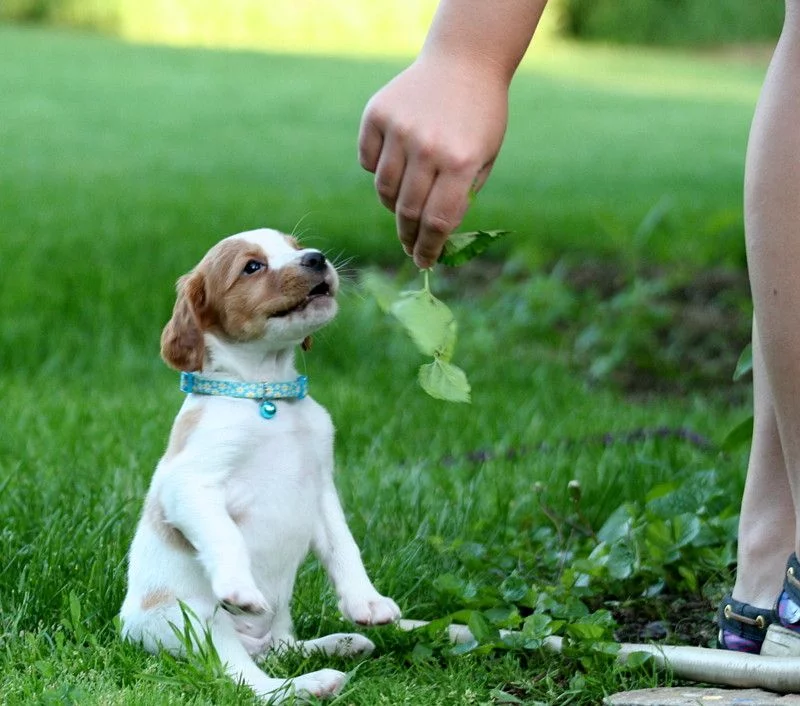
Their baby teeth will start appearing and may want to try their mother’s food for the first time. Around four weeks old, the Brittany puppies will start running and playing around the surrounding with their littermates.
During this stage, puppies tend to grow faster and feel hungrier than ever before. Brittany puppies will grow to double their weight, so it is very important that you provide them nutritional diet.
Socialization Stage – 4 to 12 Weeks
From this stage of their life, Brittany puppies will now need less milk and more solid foods. In addition, this is also the stage where your Brittany puppies will start having personality traits.
Brittany puppies will now start to explore the surrounding and may even escape the weaning box. The mother Brittany will now leave the responsibility of toiletries to you as she will lose interest on cleaning them.
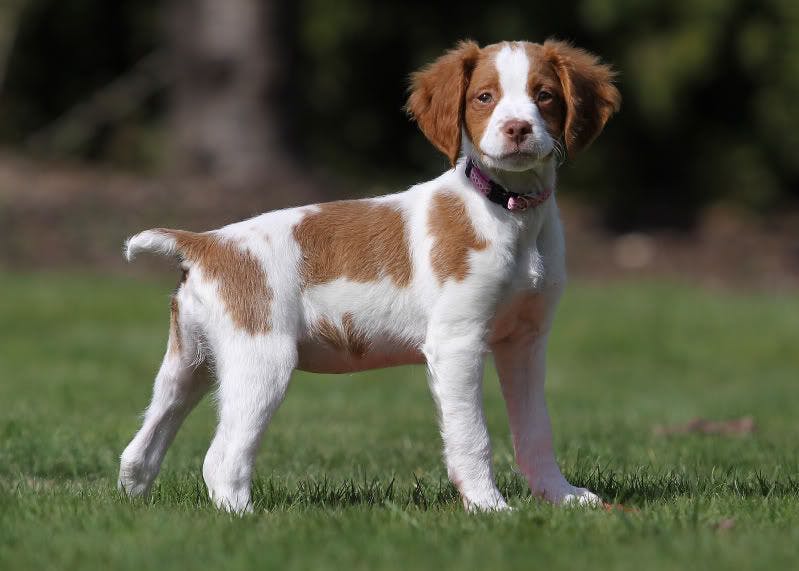
This stage between 4 to 12 weeks is very important for you and your Brittany puppies, as they will now understand that their pack consists of both human and dogs. In addition, you should start socializing the puppies with other animals and people to take out the best behavior out of them.
Basic training starts when they reach the age of eight weeks old. Start slow and with patience. Furthermore, encourage and motivate them to thrive within the people of the house.
Ranking Stage – 3 to 6 Months
From this point of stage, Brittany puppies will not look like puppies anymore. They will now be the miniature version of their adult self. In addition, this stage also brings a lot of behavior changes.
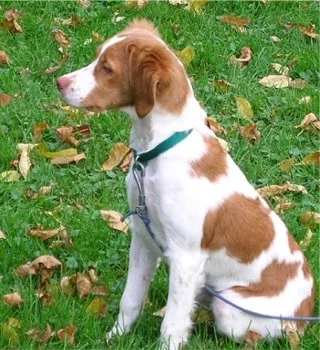
You can start advance training session from the fourth month. However, you can even choose to train them at home. In addition, they may even try to dominate you, which should be corrected.
Brittany should be taught to respect the members of his family from an early age. These dogs should know that they are not the alpha of the house.
Adolescence – 16 to 18 Months
The age between 6 to 12 months is the right age where they should need a proper motivation and guidance. Similarly, training taught in this age will define their future personality.
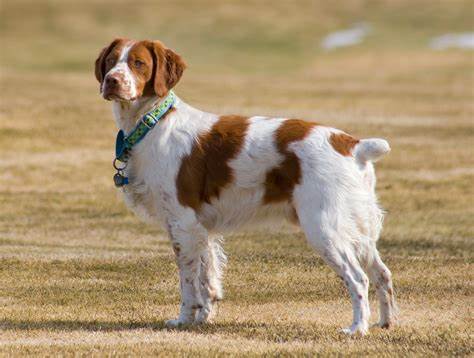
Brittany will finally lose their puppy teeth and which comes with another chewing phase. Most if the Brittany will start developing sexual behavior, so if you want to spay the dog, you can start from this phase.
When Should You Vaccinate Your Brittany?
| 6 to 8 Weeks | Parvovirus, distemper |
| 10 to 12 Weeks | DHPP (vaccines for parvovirus, adenovirus, parinfluenza and distemper) |
| 16 to 18 Weeks | DHPP, rabies |
| Every 1 to 2 Years | DHPP |
| Every 1 to 3 Years | Rabies (as required by law) |
How Much Does Vaccination Cost?
The average cost of vaccination is somewhere between $75 – $100.
What Diseases Can Puppy Vaccination Prevent?
- Kennel cough
- Canine parvovirus
- Rabies
- Lyme
- Leptospirosis
- Canine distemper
To conclude, living with puppies is fun but also comes with great responsibility. So enjoy while it lasts.
Visit Doglime for more puppy information.
Tags
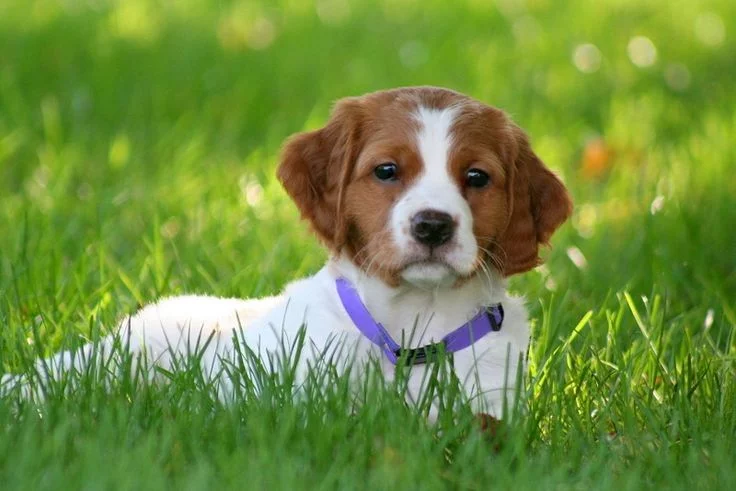










One thought on “Brittany Puppies”